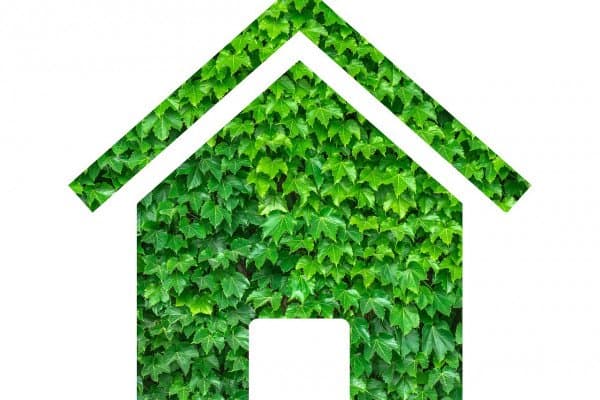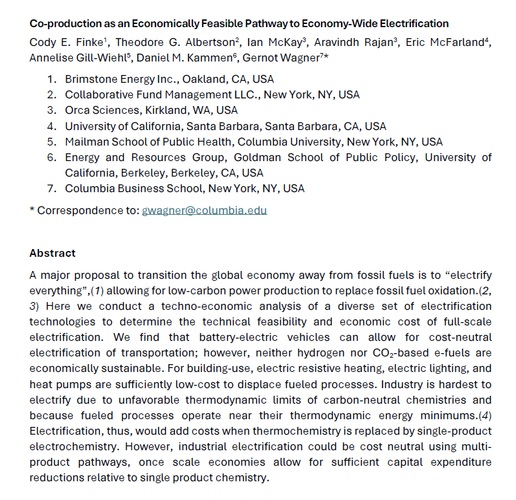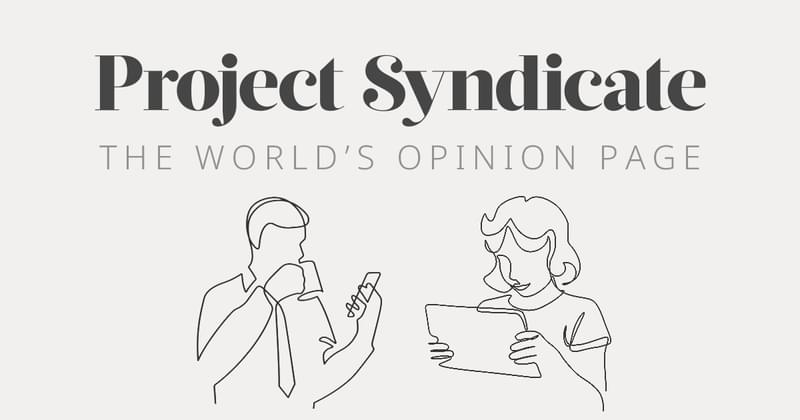The Naked Scientists: Is green energy more expensive?
Does cutting down on fossil fuel prove to be more cost effective for the green energy consumer?

Question
Is green energy typically more expensive for the consumer?Answer
Gernot Wagner, climate economist from New York University, totals up the balance for users exploiting solar energy...Chris - Michael wants to know why is green energy typically more expensive for the consumer? And is that true?
Gernot - Traditionally it has been, which is why we have this climate problem in the first place. Burning fossil fuels was cheap and available, largely because nobody paid for the pollution. Nobody paid for the fact that we are dumping 'gazillions' of tons of CO2 into the atmosphere. We should pay for that. Even without paying for it by now, solar PV is the cheapest form of electricity in history. Costs have come down so quickly. 40 years ago it was about 100 times more expensive than today. 10 years ago it was 10 times as expensive as it is today. In sunny locations, don't put your solar panel on the north side of the roof if you end the Northern hemisphere, assuming it's sunny, solar PV is cheaper than any other way of generating electricity and to be clear that's a big deal. That information comes from the international energy association, which is nobody's idea of an environmental group.
Chris - The install costs are very high aren't they, I was looking at this yesterday and the payback period for a domestic system might be 25 years in some cases, especially in a less sunny place like the UK.
Gernot - Of course, you are sitting in the UK, which I'm sad to say is not one of the sunniest places. That's okay. Sometimes there's an advantage of being in southern latitudes. Even here in New York, which isn't all that far south that payback period is a lot shorter. It depends on having a sunny location but the key thing here is yes, there's upfront costs, but then as soon as you have the panel you're basically printing money for free, you're printing electricity. There's no further costs other than wiping down the panel every once in a while. That's the big difference here.
Chris - But can I pick you up on that Gernot because a few years back in your wonderful country, there was this initiative to produce biofuels because everyone said, 'we need to make sure that we don't emit more new carbon into the atmosphere. We'll make fuel from the atmosphere, we'll grow plants.' The problem is that lots of good agricultural land was then used to grow plants with the result that then you had to ship in food from places with a higher carbon footprint than had you just grown the things at home. We also in danger of turning over quite a lot of agricultural land, especially in some countries which is at a premium, to turn it into a solar farm. On the one hand, you're incentivising people to produce cheap green electricity but then the carbon cost of shipping in your food because you're not growing on that land, from elsewhere, could be much higher. One has to be very careful about these sorts of carbon equations.
Gernot - Absolutely. In some sense that's the bread and butter of what economists do. Figuring out those trade-offs, you can go back to philosopher Mick Jagger on this one as you can't always get what you want. Yes, there are trade-offs and don't get me started on subsidies for biofuels in the US. Why do we do that? Because the presidential primary starts in Iowa and there's a lot of corn in Iowa, that's why we will never get rid of those misguided subsidies. There's lots of politics here. No, we should not now stop producing food and only have solar panels everywhere, but that said, there's plenty of marginal lands where we are not growing food where very little else happens, where a solar farm would make sense.
Part of the show "Q&A: Moon Landings and Making Medicine," 28 September 2021.


